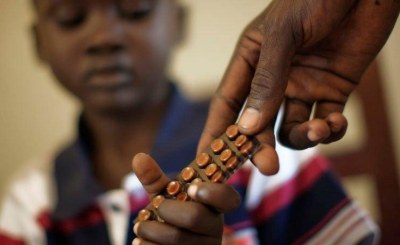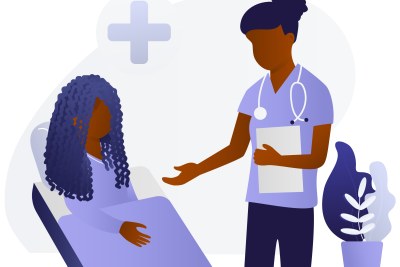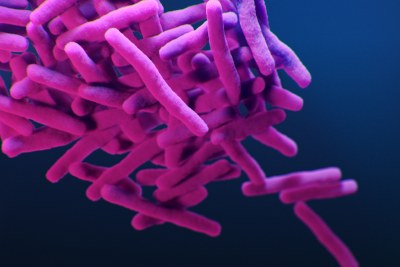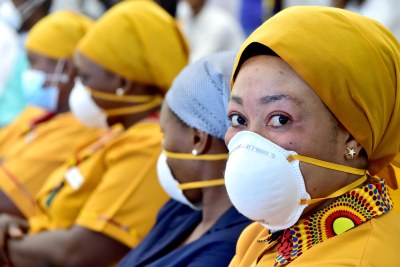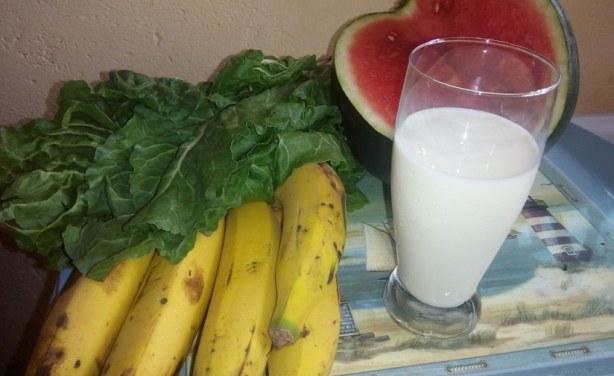-
South Africa: TB Research Shows a Good Diet Can Cut Infections By Nearly 50%
The Conversation Africa, 27 August 2023
For centuries, we have known that tuberculosis is a social disease. It thrives on poverty and social factors such as malnutrition, poor housing, overcrowding, unsafe work… Read more »
-
Nigeria: Kano - Over 8,000 Patients Placed On TB Treatment in One Week
Daily Trust, 14 August 2023
Kano State Government has said a total of 8,277 patients were placed on Tuberculosis (TB) treatment in the last one week. Read more »
-
Africa: TB Preventive Treatment - The Need for Choice
IPS, 26 July 2023
The progress made in HIV prevention is nothing short of a global success story. It is time that TB caught up to HIV. Medicine is simply too advanced for us to tolerate how one… Read more »
TB Research Shows a Good Diet Can Cut Infections By Nearly Half
A new trial in India, called Reducing Activation of Tuberculosis by Improvement of Nutritional Status (RATIONS), aimed to determine the effect of nutritional supplementation on new cases of tuberculosis in households of adults with pulmonary TB. The research found that providing food baskets to people with TB and their households could go a long way to prevent and mitigate the disease.
The results of the RATIONS trial show that improved nutrition in family members of patients with lung TB reduced all forms of TB by nearly 40%, and infectious TB by nearly 50%.
Food worked like a vaccine in this trial, cutting the risk of household members developing TB.
Nutrition could also protect against other conditions such as anaemia, diarrhoea and respiratory infections, but these were not not the main focus of the trial.
South Africa is one of the countries labelled by the World Health Organization as a "high TB burden country".
With high levels of food insecurity and undernutrition in South Africa, fuelled by the highest levels of inequality, it is critical that South Africa includes social benefits for people with TB and those in their households to reduce the prevalence of TB in the country and to meet the Sustainable Development Goals for 2030.
In 2021, 1.6 million people died of TB. In Africa, TB incidence is high with a high case fatality rate because of the HIV epidemic.
Undernutrition is the most important cause of TB. This has been shown in studies in many countries, including South Africa, where researchers found poor levels of nutrition in patients admitted to a specialised TB hospital, write Yogan Pillay and Madhukar Pai for The Conversation.
InFocus
-
The uptake and continuation of tuberculosis preventive therapy were much higher when it was provided through a community-based model compared to the standard clinic-based model, a ... Read more »
-
The 7th South African TB Conference is under way in Durban, where the health care community is looking at the progress and challenges facing a country that has some of the highest ... Read more »
-
As South Africa officially enters its fifth wave of Covid-19, dominated by the highly infectious omicron subvariants, the primary threat to health from shared ind Read more »

